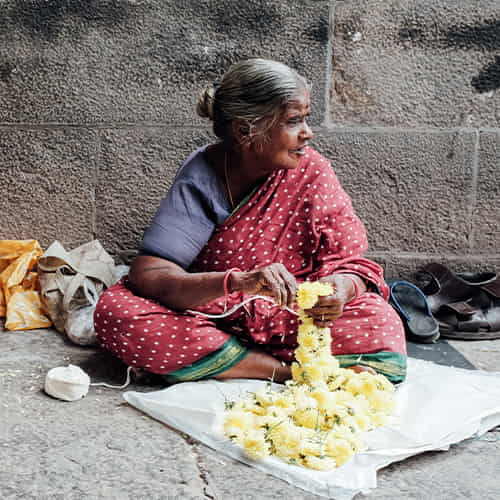What Are Common Myths About Poverty?
“Poverty is abnormal.“
Many people assume poverty is unusual or uncommon; however, millions of people worldwide experience poverty. According to the World Bank, roughly 9.2% of the world, or 689 million people, experience extreme poverty, and in most cases, the effects of poverty do not end with one individual.1 Poverty exists in both wealthy countries and developing countries.
Some people believe that poverty is the result of individual laziness or lack of ambition. Many people believe that the poor should simply work harder, get better jobs and develop more motivation for their lives; this perspective does not consider other causes of poverty.
Poverty is rarely a personal failing; poverty is often generational and systemic. In many developing countries, people do not have opportunities to work well-paying jobs. Some people can only complete hazardous labor in fields, factories, mines and more. Some people may work up to 12-15 hours daily only to bring home a meager $0.60 to $1.20 for their families.2 Hard work does not always provide financial security or upward mobility for families. In developing countries, many people cannot work due to disabilities, chronic illnesses or other injuries, and they do not have other financial support or resources to help them which exist in developed countries.
“Poverty is not that bad.“
Many people say that poverty is not that bad; however, experiences with poverty will differ. Poverty can expose people to disease, home and food insecurity and violence. Children experiencing poverty might not be able to attend school and may instead work long hours in dangerous jobs that expose them to illness, injury, abuse or even death. Poverty is a global crisis.
Understanding the truth about poverty is a start, but it is not a solution. Consider providing literacy classes for adults in Asia.
Click here, to read more about this article.
Click here, to read more blogs in Gospel for Asia.Net


Comments
Post a Comment